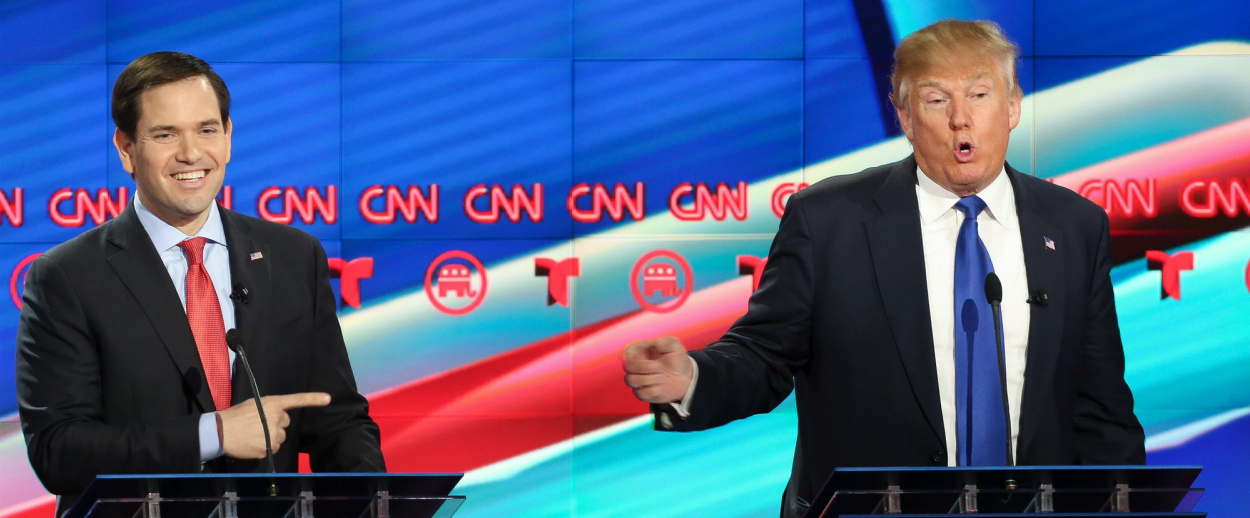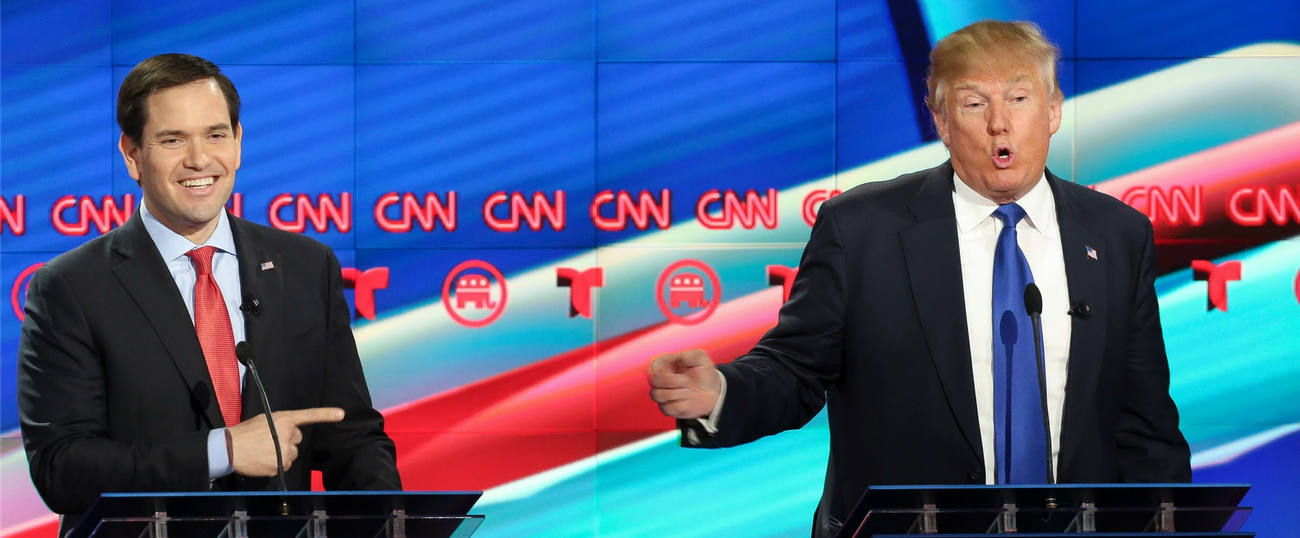Last year, on the eve of Israel’s elections, things were not looking good for Prime Minister Benjamin Netanyahu. His Likud party was hemorrhaging votes to an array of smaller conservative rivals, and as a result, it was trailing the top center-left party in pre-election polls. With everything on the line, and only days to go before the vote, Netanyahu embarked on a desperate and unprecedented gambit. After months of refusing to grant interviews to Israeli media, he conducted a non-stop blitz on every TV and radio station to convey one simple message to the Israeli public: I am losing, and if the conservative vote does not unite behind me, our rivals will win. “There’s a real danger we could lose this election,” Netanyahu told the Voice of Israel. “If the gap between the Likud and Labor continues to grow, then you’ll find a week from now [center-left leaders] Herzog and Livni becoming the prime ministers of Israel.”
Remarkably, the plan worked, and Netanyahu successfully consolidated the right-wing electorate. The maneuver’s success somewhat obscured the fact that it was an incredibly unorthodox strategy that went against the cardinal rule of modern democratic politics: never acknowledge that you are losing on the eve of an election. Today, even when the polls say otherwise, politicians and their spinmeisters work hard to project a sense of momentum surrounding their candidacy to bolster supporters and persuade fence-sitters.
And until last night, Republican presidential contender Marco Rubio was following that traditional gameplan. For weeks, his campaign and surrogates had been pushing the idea of “Marcomentum,” even going so far as to film an amusing video of a physicist discussing it with Rubio backer Senator Cory Gardner. The message was that Rubio was poised to vault into the lead for the Republican presidential nomination.
The problem was, this didn’t happen. Instead, Rubio found himself stuck in second place, trailing Donald Trump, thanks in large part to a divided anti-Trump Republican field. Though Trump was garnering only around a third of the primary vote, his four rivals–Rubio, Ted Cruz, John Kasich, and Ben Carson–were splitting the opposition. For Rubio to have a chance at unseating Trump, he’d need–like Bibi–to consolidate that splintered field. And so Rubio jettisoned his prior strategy, and took a leaf out of Netanyahu’s playbook.
First, in Thursday night’s debate, Rubio took the fight to Trump, making the case that he was the best option for those conservatives who wanted to beat the reality TV mogul. This was in accord with surveys of Republican voters, who consistently rank Rubio as their top second-choice candidate. Rubio mocked Trump for his failure to grasp basic policy, attacked him for hypocrisy, and dropped one-liner after one-liner (“If he hadn’t inherited $200 million, you know where Donald Trump would be right now? Selling watches in Manhattan.”). Through it all, the implicit message from Rubio to primary voters was: you may prefer another conservative candidate, but if you don’t vote for me, Trump will win. “The time for games is over,” he said in his closing statement. “I know you’ve had a lot of choices to make, but now it’s time to narrow it down. And I’m asking you to get behind me, go on our web site and join you our effort.”
Then, booked on all three of this morning’s post-debate political talk shows, Rubio made the argument even more explicit. “I acknowledge I’m an underdog,” he told ABC’s George Stephanopoulos. “We’re on the verge of having someone take over the Republican party and the conservative movement who’s a con artist,” he told NBC’s Today. “I urge everyone watching,” he told CBS This Morning, “if you’re a Republican and you don’t want your party taken over by a con artist like Donald Trump, unite behind us.” In other words: I am losing, and if the anti-Trump Republican electorate does not join ranks behind me, Trump will win.
If it worked for Netanyahu, can it work for Rubio? Bibi’s strategem succeeded in part because of his ability to dominate the media coverage as the prime minister and reach voters. Rubio lacks this advantage–indeed, Trump has typically saturated the news cycle. This means that Rubio’s debate and talk show appearances will not be enough. To ensure his message reaches Republicans, Rubio will need to flood the zone over the next few days before Super Tuesday and next weeks before the March 15 winner-take-all primaries. If he can do so with campaign videos, publicity stunts and SuperPAC ads, he may stand a chance of consolidating the anti-Trump vote, placing more pressure on his rivals to drop out, and ultimately unseating the frontrunner.
It’s a risky gambit, but it has worked once before.

